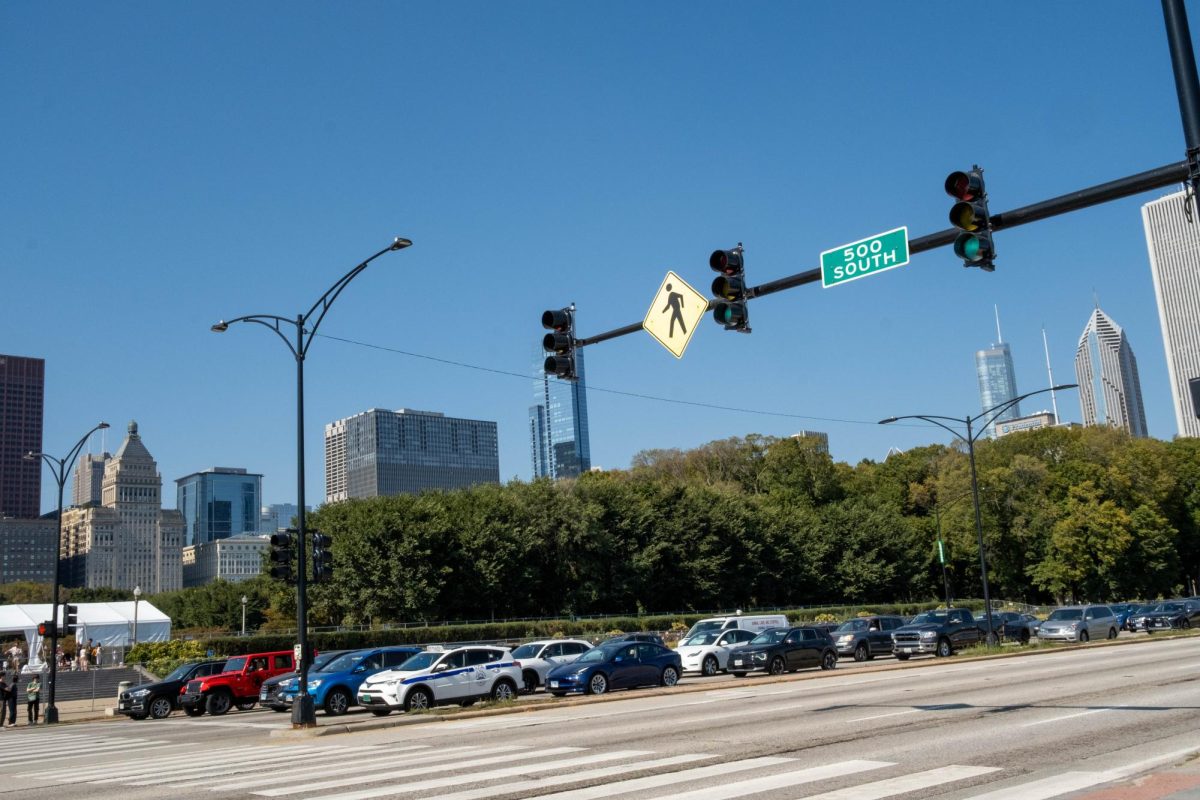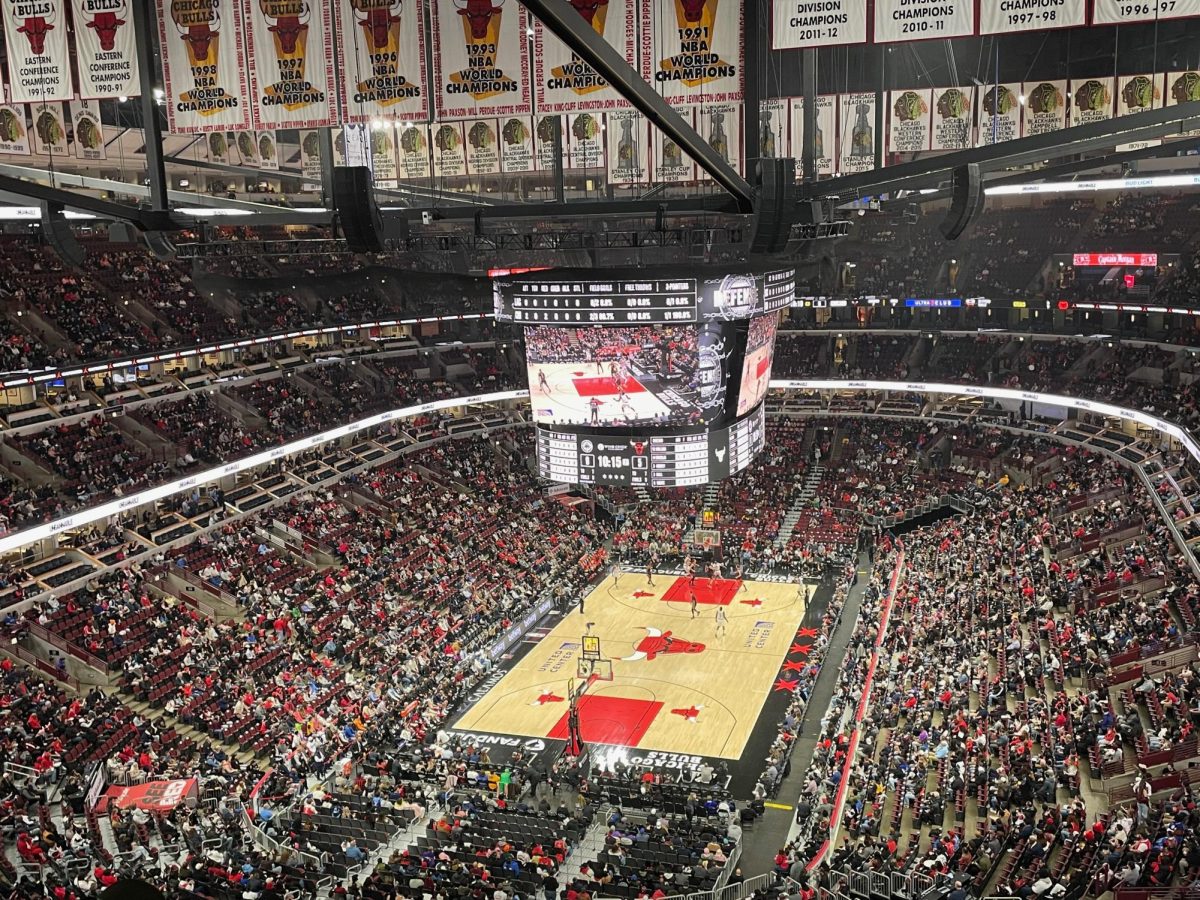This year’s soccer team always seemed right on the verge of putting things together. However, it was in the final minutes of several key contests that this feeling of strength quickly disintegrated. In four matches that would come to define the season, the Maroons allowed too many early leads to slip away. A final record of 10-6-2 is nothing to be ashamed of, but the team had the potential to do so much more.
A first half team if there ever was one, the U of C outscored its opponents 16 to 5 in the opening frame. While the team was able to match this output in the second half, scoring a total of 15 goals, Chicago allowed the other team to score 15 goals in that same time span. Whether the reason was conditioning, confidence, or composure, the Maroons were unable to maintain the same level of play as their games progressed.
Chicago opened the season with an impressive 4-1-1 record heading into UAA play and in the first half of their league opener, the Maroons dominated an Emory team that would finish third in the UAA. After scoring the first goal of the match, everything was moving in the right direction. Yet three minutes later, in an event that would epitomize the season, fourth-year goalkeeper Micah Prochaska cut off an Emory attacker slashing to the goal with what seemed to be a legal tackle. The referee did not agree, and the ensuing penalty kick tied the game. After this blow Chicago’s second half boogieman reared his ugly head and Emory walked away with a 3-1 victory.
Chicago’s next league game was against eventual UAA champion Carnegie Mellon. The Maroons again dominated in time of possession, showcasing a methodical and balanced midfield that consisted of Sung, fourth-year Theo Arvanites, third-year Ben Preyss, and third-year Reed Fleetwood. Regulation ended with no score, but in overtime Sung handed Carnegie Mellon its only defeat of the season with a brilliantly placed header off an Arvanites corner.
Chicago repeatedly proved that it could play with the best, posting a 1-1-1 record against the top half of the league while going 1-3 against the bottom four teams.
The third league game against Brandeis was the turning point in the season. Without Sung, who was sidelined by a midterm, the team managed to acquire a 2-1 lead. But with six minutes left, Brandeis predictably broke through once more to tie the game at 2-2. Another goal with 35 seconds remaining left the Maroons in shock.
Last Sunday the Maroons played host to Rochester, the second-best team in the league. In this contest, Chicago once again looked superior early on. The defense neutralized the Rochester attack and created drives up the field. First-year defender Brian Kolva was exceptional in his first start of the season. He and fourth-year Nathan Widell distributed the ball efficiently and made occasional forays into Rochester territory.
The midfield played its patented brand of controlled, cautious attack, with Preyss making several nifty runs down the wing. However, as has been the case all season, the young offensive line couldn’t translate ball control into scoring chances. At times it seemed as if Chicago were unwilling to take the unbridled risks necessary to score, opting instead to maintain the ball in hopes of creating the perfect play. Ironically, Chicago’s first goal came out of a random frenzy after Fleetwood received an attempted clearance and fired a low driving shot from 35 yards out.
It would not be an exaggeration to say that Prochaska dominated the second half. Stifled on the ground, Rochester resorted to lobbing the ball into its large forward line. Each attempt however was met by an elbow, knee and on occasion head from the massive Chicago goalkeeper. Four successive Rochester attackers challenged Prochaska in the air and ended up writhing on the ground. While the Rochester side pleaded in vain for a sympathy call, the Maroons continued to attack and maintain possession.
It looked as if the top two teams in the league would fall to the Maroons this season until the ghost of the final minutes of yore made another daunting appearance. With 25 seconds remaining in the game, Rochester again lobbed the ball into Chicago’s penalty box. Prochaska charged but the Rochester attacker had just enough room to flick it past him into an open goal. After two scoreless overtime periods, the game ended in a 1-1 tie.
Chicago’s final game against Washington University seemed to be a replay of all the other UAA games. The Maroons again took an early lead on a goal by second-year defender Peter Schlaefer. The Bears tied the game in the second half and overtime seemed to be in order. But somehow Washington scored the winning goal with ten seconds remaining in the game. The irony was astonishing.
The Maroons will lose five starting players next season, and rebuilding will certainly be a challenge. However, this year’s squad featured a talented group of young players that provide some hope for the future.








